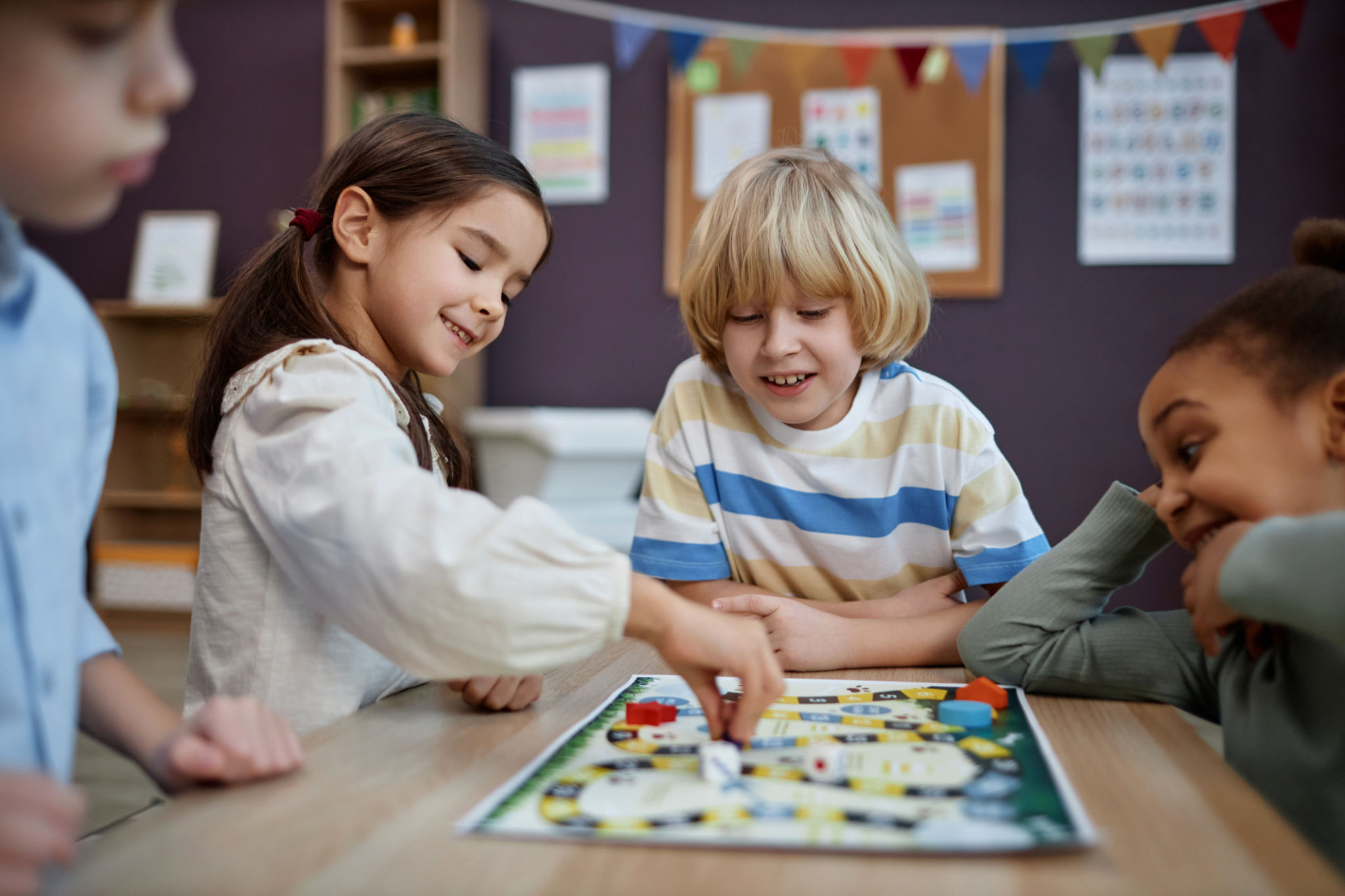The Benefits of Chess for Cognitive Development: A Seattle Parent's Guide
Introduction to Chess and Cognitive Development
Chess is more than just a game; it's a powerful tool that can significantly enhance cognitive development in children. For parents in Seattle looking to boost their child's intellectual growth, introducing them to chess can be an excellent choice. This classic board game not only hones critical thinking skills but also fosters creativity and improves memory.

Cognitive Skills Enhanced by Chess
Chess promotes a variety of cognitive skills that are crucial for a child's development. One of the most notable benefits is the enhancement of problem-solving abilities. As children play chess, they are required to think several moves ahead, which encourages strategic planning and foresight.
Additionally, chess improves concentration and focus. Players must pay attention to their opponent's moves and consider the implications of each decision. This level of concentration can translate into improved academic performance and better attention spans.
Memory Improvement Through Chess
Playing chess regularly can significantly boost memory. The game requires players to remember various strategies and anticipate possible outcomes based on past moves. This mental exercise strengthens the brain's ability to recall information, which is beneficial in both academic and everyday settings.

Creativity and Chess
Chess also fosters creativity, as players often need to think outside the box to outsmart their opponents. The game encourages innovative thinking and the exploration of new strategies, which can lead to more creative problem-solving skills in other areas of life.
For children, this creative aspect of chess can be particularly beneficial, as it encourages them to approach challenges with an open mind and develop unique solutions.
Social Benefits of Chess
While often considered a solitary activity, chess also provides social benefits. It offers children the opportunity to interact with peers in a structured environment, teaching them valuable social skills such as patience, sportsmanship, and respect for others.

Chess Clubs and Resources in Seattle
Seattle offers numerous resources for parents interested in introducing their children to chess. Many local schools have chess clubs, and there are community centers hosting regular chess meetups. These environments provide excellent opportunities for children to practice their skills and meet other young players.
Moreover, parents can find various online resources and classes tailored specifically for children, making it easy to provide consistent learning opportunities at home.
Conclusion: A Strategic Move for Cognitive Growth
Incorporating chess into your child's routine can be a strategic move for enhancing cognitive development. With its myriad of benefits—from boosting memory and concentration to fostering creativity and social interaction—chess is a valuable tool for any parent looking to support their child's intellectual growth. In Seattle, with its vibrant community and abundant resources, getting started with chess has never been easier.
